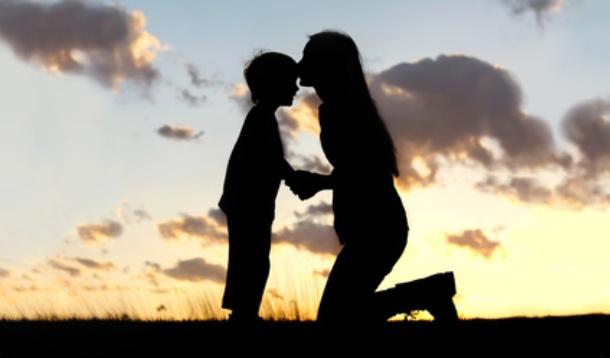
Everything happens for a reason. Isn’t that right? Isn’t that what a lot of us say to ourselves and to each other when the going gets tough? Could someone please explain this to me then: If everything happens for a reason, what is the reason for an innocent toddler to be randomly and fatally attacked by an alligator while playing in a few inches of a body of water that hadn’t seen the sign of a gator in decades, at an amusement park built for children? What is the reason that his poor father was there with this poor child, forced to be present for this little boy’s unimaginable demise, and failing in his attempt to prevent it? Tell me: What’s the master plan in that?
The answer of course is there isn’t one. Our world and lives are filled with many events that are simply random, coincidental, tragic, and completely senseless. So why then, in the face of an (at times) already senseless world, do we insist upon losing our own common sense? I’m talking about the inconceivable and asinine outpouring of negativity and criticism aimed at the parents of this toddler that flooded the Internet following his death at Disneyland last week. When I hear about things like this, I often ask myself: What the heck is the matter with people? Were we always like this, capable of such cruelty to fellow human beings? Could there be a reason behind this spike in shaming, blaming, and finger pointing? Or, are we just a bunch of assholes?
Putting my experience as a therapist to the test, I believe there actually are a couple of reasons why so many people stoop to this kind of aggressive behavior in the face of tragic events. Here they are:
A lousy one, but a coping mechanism nonetheless. Allow me to explain. There is something exceptionally primal in the majority of us about protecting and keeping the young alive. If you have taken even a single biology class, you’ll understand why. Our greatest goal for behavior in life is survival, of ourselves and of the human species. As a result, the attachment between a parent and child is like no other. But we can’t keep people inside of a bubble. So particularly if you are a parent (but even if you’re not), when we are simply unable to protect our young, to keep them safe, warm, sheltered and alive, the most primitive parts of our psyche badly suffer. And we are capable of many things to try to protect it.
When we say or write things like “That father wasn’t watching his son” and “They were negligent – what were they doing in that water anyway?” and “Those parents are complete f-ups and don’t deserve to have kids anyway”, what we’re really doing (hard as it might be to believe) is creating a mental safety net that provides our subconscious with the assurance that it won’t happen to us. To our child. That our own worst nightmares won’t become a reality, because those parents were “unwise” and we “are not” and we “would have done things differently.” So therefore it’s less likely we’ll have to encounter such devastation. And we can (sort of) rest easy.
Unfortunately, nothing brings people together like sharing hate as well. Arguably with even more strength because we are naturally wired to seek out the negative in situations more than the positive, again for reasons of survival. The Internet and social media have made it possible to share lots of both, and I think people do it simply because they can. Instant connections, instant feelings of belonging. I have a hard and fast rule for anything I post on the Internet: If it’s not something I would shout loudly and proudly to the world from the rooftops, or say directly to somebody’s face, I don’t post it. I would be surprised if even half of the people who wrote the things they did about the parents of this toddler would say the same things right to their faces, if they were given the chance. The Internet can be a smokescreen, and many people use it for just that purpose.
No matter what the reason is, it is not healthy to our psychological well being to put such hatred and animosity toward others out there into the world, particularly if the motivation for posting and sharing something is for validation and sensation seeking.
For goodness sake: Spread love, not hate. Our world needs it.